detail profile tadeusz hanusek
Peran Yang Di Mainkan Tadeusz Hanusek
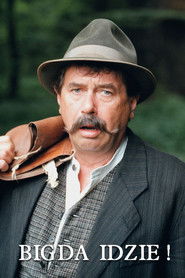 The film tells about the period...
The film tells about the period...Bigda is Coming! 1999
The film tells about the period of Polish history in the 20s of the last century, when the fragile government of the country fell, and a man of the people came to the fore. In fact, he turned out to be a cunning populist and an immoral politician, ready for any tricks for the sake of his goals.
 Kazimierz Lipecki lives in a small...
Kazimierz Lipecki lives in a small...Ptaszka 1995
Kazimierz Lipecki lives in a small town, with his three children. The mother died during childbirth, the youngest, a four-year-old girl, did not develop normally. When the grandmother, the pillar of home life, is also gone, Kazimierz Lipecki and his two older children, thirteen-year-old Łukasz and eleven-year-old Ula, start a desperate fight to defend simple, superior values - mutual love and family bonds.
 A parliament members sixteen year old...
A parliament members sixteen year old...Hijacking Agatha 1993
A parliament member's sixteen year old daughter Agatha falls in love and runs away with a convicted young tramp, while her father uses his friends in the government and police to brutally break their happiness.
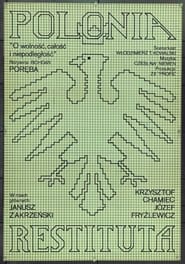 A twopart historical film covering the...
A twopart historical film covering the...Polonia Restituta 1981
A two-part historical film covering the years of the First World War and the post-war period up to 1919 - until the signing of the peace treaty in Versailles near Paris. An attempt to show the great and complicated process of regaining an independent existence by a nation within its own state. The screen shows characters from history textbooks: Józef Piłsudski, Ignacy Paderewski, Roman Dmowski, Wojciech Korfanty as well as representatives of the world political scene, incl. David Lloyd George, Woodrow Wilson, Georges Clemenceau, Vladimir Lenin and others.
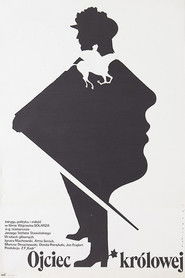 Chevalier de Charentes goes to Poland...
Chevalier de Charentes goes to Poland...Father of the Queen 1980
Chevalier de Charentes goes to Poland on a double mission.
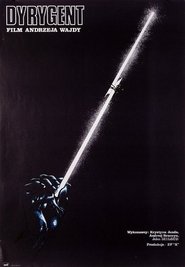 A violinist in a provincial Polish...
A violinist in a provincial Polish...The Conductor 1980
A violinist in a provincial Polish orchestra, whose husband is the director of the ensemble, on a visit to the US ties up with the world- renowned symphony conductor. As it turns out he was once in love with violinist's mother. The conductor, a slightly unstable hypochondriac, returns to Poland to lead the provincial orchestra. He also tries to revive old love affair using the violinist as a surrogate of her mother. Her husband is resentful of the conductor for both personal and professional reasons.

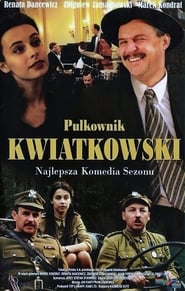
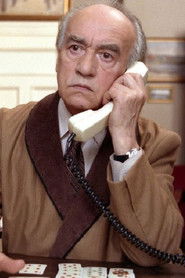
 The events concerning the March 1968 student...
The events concerning the March 1968 student...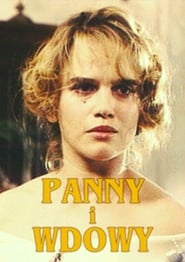
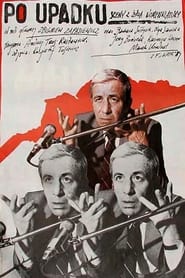 A story of highranking party members...
A story of highranking party members...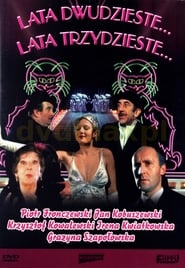 On the way to Warsaw after...
On the way to Warsaw after... En route to London Bear discovers...
En route to London Bear discovers...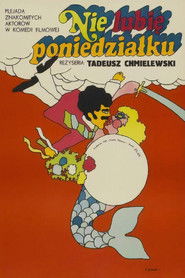 An acute case of Mondayitis in...
An acute case of Mondayitis in...